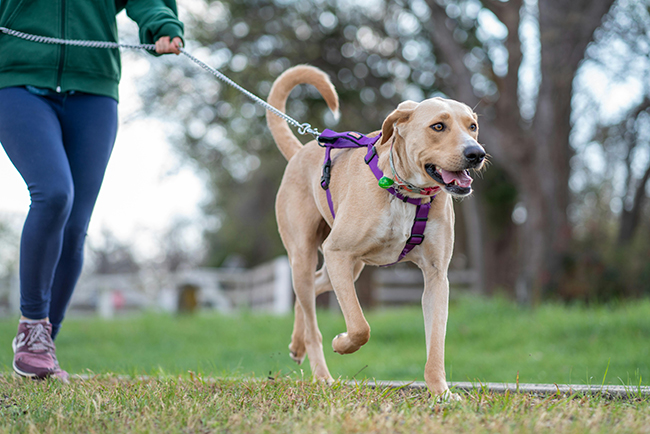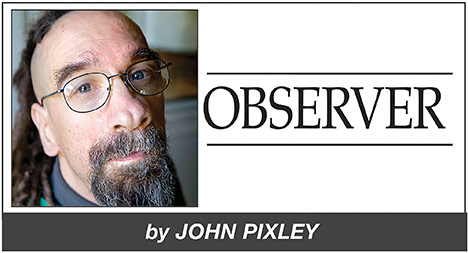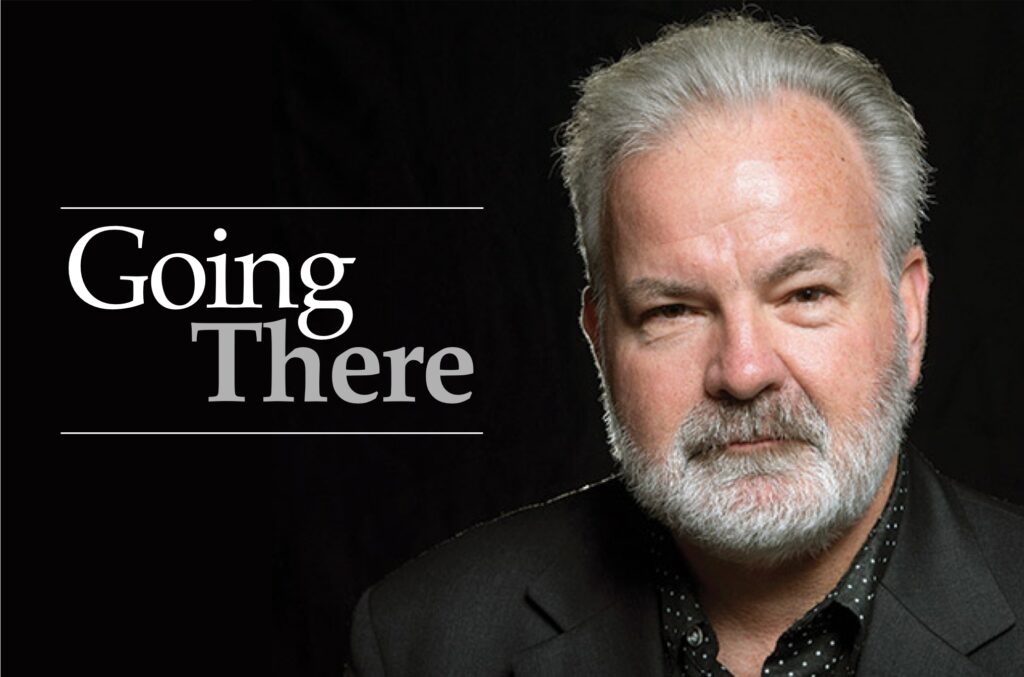A solution to Claremont’s dog problem

An owner takes her spirited dog on a stroll. Photo/by Gabe on Pixels
by Emily McLean | Special to the Courier
Claremont has a dog problem. With few exceptions, our public parks prohibit canines. I believe that limiting dogs to the city’s two “off-leash areas” harms canine welfare and does a tremendous disservice to the entire community.
I’m a grad student at CGU and an avid dog trainer. I compete in obedience competitions with my own dogs and work with clients around Los Angeles. Training dogs brings me so much joy, but it’s nearly impossible to do so within Claremont city limits. Dog professionals are an argumentative bunch, but we agree on one point: small dog parks aren’t a great idea. I don’t even recommend them for social dogs because they encourage unbalanced, stressful play. During healthy canine play, dogs carefully negotiate social dynamics – the chasing dog lets herself to be chased, a big dog goes easy on the puppy he’s wrestling. If a dog gets uncomfortable, they disengage and move away.
Claremont’s off-leash areas do not promote healthy dog play. In fact, they encourage its antithesis. Chaos ensues when a ton of dogs are corralled into a tiny space, unable to choose their playmate or create distance from uncomfortable situations. I often train dogs outside of the Pooch Park and have seen several fights and countless overwhelmed dogs, unfortunate, but predictable, outcomes for such a park. I don’t think we should eliminate dog parks altogether, but our dogs need alternatives.
My own dogs are very social, but we don’t use Claremont’s off-leash areas due to my personal risk assessment. Many dogs don’t enjoy interacting with strange dogs at all. Where can our dogs run, sniff, and play? I instruct my clients to use long leashes on park walks so their dogs can engage in these fulfilling activities while remaining under control. It feels ridiculous to dispense advice that I can’t follow in my own neighborhood!
Before I begin formally training dogs with “behavioral issues,” I recommend daily strolls through a local park interspersed with sniffing, exploring, and play. The majority of clients report that this dramatically reduces the severity of the problem. Some realize they don’t need training at all.
Every day, dogs are surrendered to the shelter where I volunteer because their unmet exercise needs have sparked destructive and even dangerous behaviors. How many dogs would still be in their homes if they had regular access to green spaces?
I acutely understand how out of control dogs can ruin a park for all visitors, but blanket prohibitions do more harm than good. How will dogs and owners ever learn to responsibly use public spaces if they can’t access them?
In my experience, a blend of education and enforcement powerfully changes the behavior of dog owners. This observation informs the following proposal:
- Pilot a “leashed dogs allowed” policy in two Claremont parks.
- Deploy education initiatives explaining the importance of abiding by leash and poop scooping laws. This might include hosting events and distributing literature to dog owners; hanging informative signs in the pilot parks; and/or posting engaging content on city social media accounts.
- Aggressively enforce leash and poop scooping laws in the pilot parks. Strict enforcement in the early days will set the right cultural norm around park use: ticketing for first offenses, and allowing offenders to complete an online education course to reduce the cost of their ticket.
A more informed decision on the status of dogs in Claremont’s parks can be made after this pilot period. I am happy to support any and all of these efforts with my time and expertise. Dogs can responsibly use public spaces. A robust program of education and enforcement will make Claremont’s beautiful parks open to everyone.
Emily McLean is a master’s student at Claremont Graduate University researching religion and land use in the American West. She also runs Wicked Good Dog Training. After graduation she plans to pursue a Ph.D. in religious studies.









0 Comments